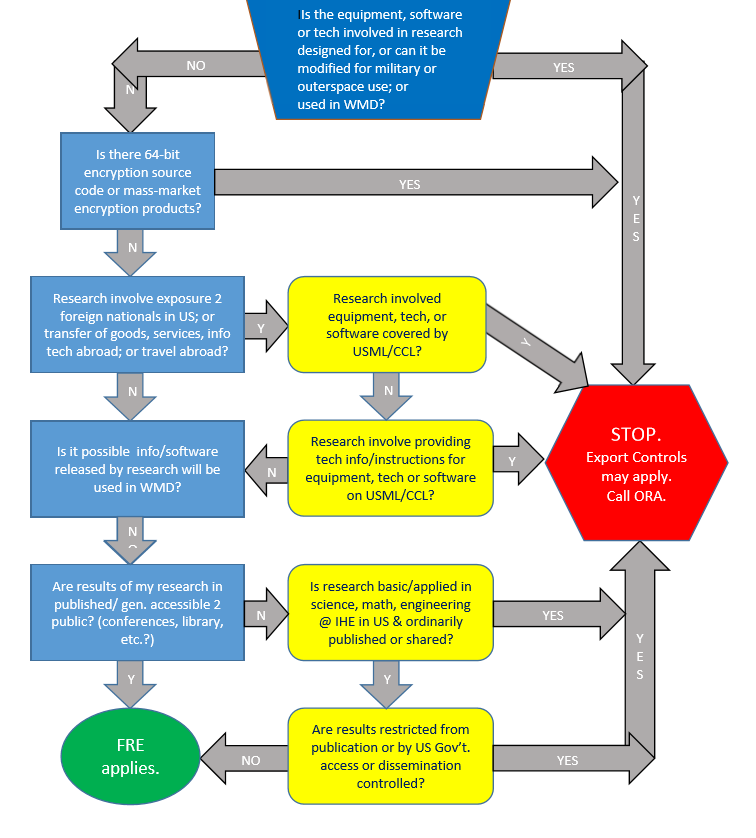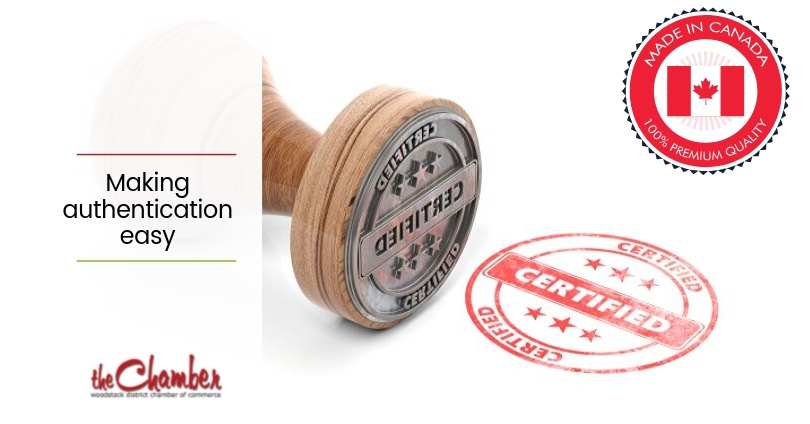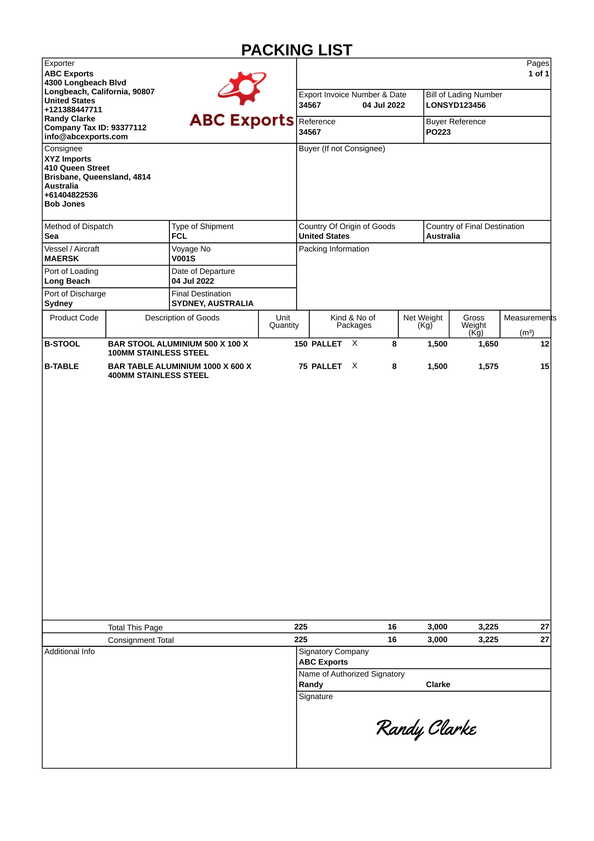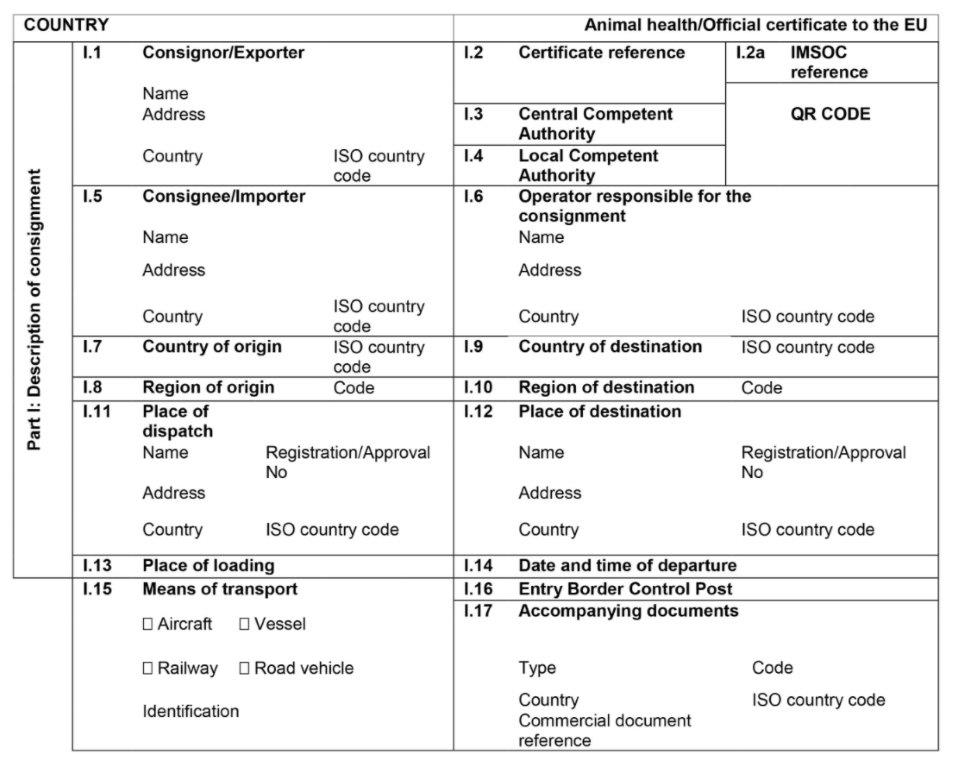Ireland Export Paperwork Requirements Simplified

Understanding Ireland's Export Paperwork

Ireland, known for its rich agricultural exports, robust technology industry, and diverse manufacturing sector, engages in global trade that requires meticulous attention to export documentation. This guide aims to demystify the often complex requirements for exporting goods from Ireland, making the process more accessible for businesses and traders looking to expand internationally.
Essential Documents for Exporting from Ireland

Commercial Invoice

The commercial invoice is a key document for any export transaction. Here's what you need to include:
- Exporter's Information: Name, address, and contact details.
- Importer's Information: Name, address, and contact details.
- Description of Goods: Detailed description, quantity, unit price, and total value.
- Shipping Details: Terms of sale (INCOTERMS), date of shipment, mode of transport, etc.
Export Licence or Export Declaration

Not all goods require an export licence; however, certain categories might need approval from authorities:
- Military or Dual-Use Goods: These require export licences due to their potential use in both civilian and military applications.
- Protected Species: Exporting items under CITES (Convention on International Trade in Endangered Species of Wild Fauna and Flora) regulations necessitates permits.
- Strategic Goods: Technologies or materials that could have strategic or security implications.
Before exporting, check with Ireland's Department of Business, Enterprise and Innovation for specific requirements.
Customs Declaration Form

An Export Declaration is made through the Irish Revenue's Automated Entry Processing (AEP) system:
- Single Administrative Document (SAD): Form for the declaration, detailing exporter/importer details, customs procedures, and good classification.
Certificate of Origin

The Certificate of Origin is vital for determining the product's country of origin and can affect customs duties:
- EU Certificate of Origin: Used within the European Union.
- General Certificate of Origin: For non-EU countries.
Proof of Export

To prove the goods have left Ireland:
- Bill of Lading: for sea freight.
- Air Waybill: for air freight.
- Courier Receipt: for small shipments or express deliveries.
Specialized Documents

Certain goods might require additional paperwork:
- Phytosanitary Certificate: For plant and plant product exports.
- Veterinary Certificate: For animal products or by-products.
- Health Certificate: For foodstuffs and other items with health implications.
Steps to Prepare Export Documentation

Here are the steps to ensure your export documentation is in order:
- Understand the Destination Country's Requirements: Research the specific import regulations and document requirements of the country you're exporting to.
- Complete the Commercial Invoice: Use the guidelines provided above to create a comprehensive invoice.
- Obtain Necessary Licences and Permits: Apply for any export licence or permit through the appropriate government bodies.
- Submit Export Declaration: File your export declaration using the AEP system. Ensure accuracy to avoid delays or fines.
- Secure Certificate of Origin: Work with your freight forwarder or obtain one through an issuing authority like the Irish Chamber of Commerce.
- Organize Transport Documentation: Coordinate with your freight forwarder to get the necessary proof of export.
- Prepare Specialized Documents: If applicable, obtain specialized certificates like Phytosanitary or Veterinary Certificates.
💡 Note: Export documentation requirements can change. Regularly check with the relevant authorities for any updates or revisions to the export procedures.
Throughout this process, maintaining communication with your logistics partner or freight forwarder can streamline the document preparation phase. Here's a quick overview of their role:
- Assist in compliance with export regulations.
- Provide insights on customs requirements of the destination country.
- Handle the coordination of transport documents.
Overcoming Common Challenges in Export Documentation

Exporting involves navigating through common pitfalls related to documentation:
- Inaccuracies: Errors in documentation can result in delays, fines, or confiscation of goods. Ensure all documents are filled out correctly, consistently, and completely.
- Delays in Document Issuance: Licences and permits can take time to acquire. Plan ahead to avoid last-minute complications.
- Regulatory Changes: Regulatory changes can occur, impacting your export processes. Stay informed and adaptable to these changes.
Now, let's look at a table summarizing key document roles:
| Document | Purpose |
|---|---|
| Commercial Invoice | Primary document to show value and terms of sale |
| Export Licence | Authorization to export controlled goods |
| Customs Declaration | Information for customs clearance |
| Certificate of Origin | Proof of country of origin for duty assessment |
| Proof of Export | Evidence that goods have left Ireland |

In conclusion, exporting from Ireland involves careful preparation and thorough understanding of the necessary documentation. By following the steps outlined and being aware of common pitfalls, businesses can ensure their exports are compliant, efficient, and successful. Engaging with freight forwarders, staying informed about regulations, and maintaining meticulous records are essential for a smooth export process. Exporting is a journey, one that can open doors to new markets and opportunities, provided you're equipped with the right knowledge and tools.
Do I need an export license for all my goods?

+
Not all goods require an export licence. Licences are typically needed for strategic goods, military equipment, and items regulated under international treaties like CITES. For most regular exports, an export declaration is sufficient.
What happens if my export documentation is incorrect?

+
Incorrect export documentation can lead to delays at customs, fines, and even the confiscation of goods. Ensure all documentation is accurate, complete, and compliant with both Ireland and the destination country’s requirements.
Can I prepare export documents myself?

+
Yes, businesses can prepare most export documents themselves, but for complex goods or international trade, working with a freight forwarder or customs broker can be beneficial. They can navigate complex regulations and ensure all documentation is correctly prepared.